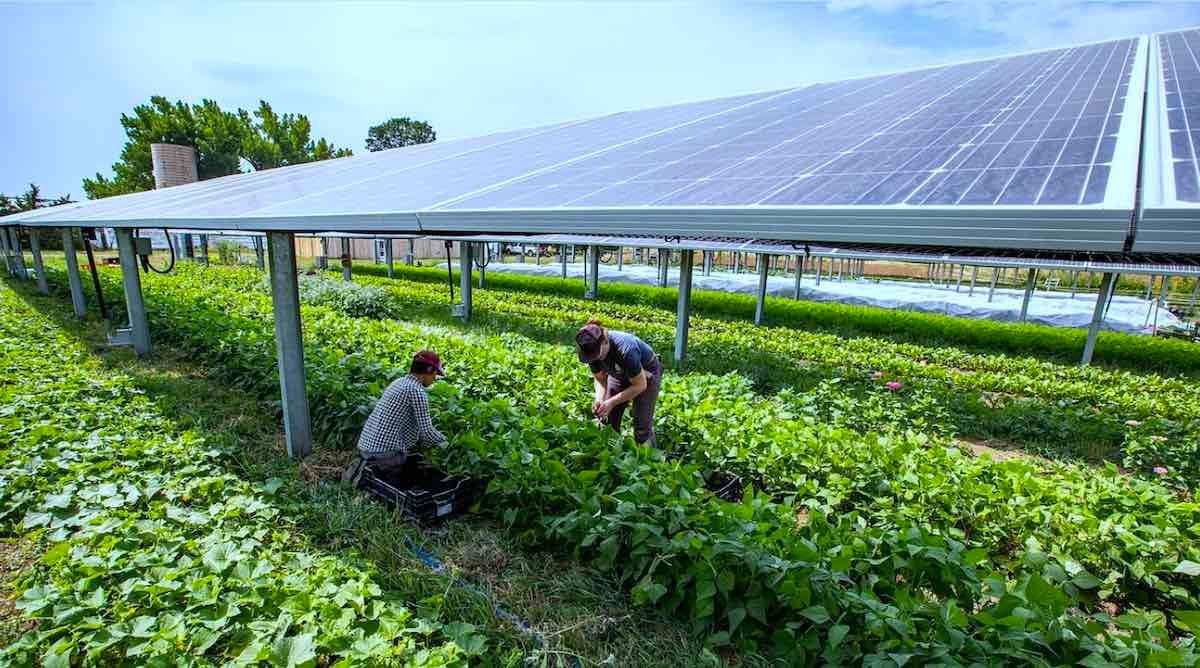Puerto Rico coronavirus statistics for May 12
According to numbers provided by the Puerto Rico Health Department, 2,299 people have tested positive for COVID-19, an increase of 456 since last week. The death toll is currently 114, with 17 of those having died in the past eight days. The precise number of total tests performed has not been divulged for weeks, although Health Secretary Lorenzo González Feliciano claimed on Saturday that it is approximately 70,000. The Puerto Rico Metropolitan Area has the highest number of confirmed cases, with San Juan, Guaynabo and Bayamón registering the most infections.
Both the construction and manufacturing industries are set to resume operations this week, and beauty salons and retailers may reopen as soon as next week, even when the full effects of the previous week’s resumption of activity are still unclear. While an anticipated peak in cases has not apparently come to pass, without widespread testing, any increase in cases due to changes to the stay-at-home order is unlikely to be detected for at least another week. This week featured the largest single-day increase in new cases to date—125, on Friday the 8th.
Nevertheless, Health Secretary Lorenzo González Feliciano, who attributed the uptick in positives to an increase in testing, declared that current statistics paint a “more encouraging” landscape for Puerto Rico. He noted that healthcare facilities have not been stretched to the degree it had previously been feared.
Governor calls on Congress to authorize additional NAP funds
Governor Wanda Vázquez Garced called on leaders in Congress to approve additional funds for Puerto Rico’s Nutritional Assistance Program (NAP). “As Puerto Rico continues to combat the COVID-19 pandemic, it is vital that our children have equal access to all available assistance given to children in the U.S. mainland,” Vázquez declared.
While the Families First Act created a program, P-EBT, that allows for increased SNAP benefits for students who during school closings have stopped receiving meals, this initiative is not available to Puerto Rico, which relies on its own separate program.
“Puerto Rico is not eligible for the financing provided by P-EBT, despite the fact that 100% of our educational system’s student population, as well as a percentage of our students in non-public schools, are eligible to receive free meals from the school breakfast and lunch programs,” wrote Vázquez in a letter to House and Senate leaders.
Puerto Rico Senate set to move forward with vote on civil code
Despite criticism from lawmakers and groups like the ACLU about a lack of transparency and public input into its altered provisions, the Puerto Rico Senate has voted in favor of the newest version of the Puerto Rico Civil Code. The House is expected to concur with the measure, after which it would go to the governor’s desk for her signature.
While the legislation has been in the works for years, the latest version was only unveiled last week, and had not been discussed by the New Progressive Party (NPP) Caucus. No public hearings on this latest version were held, raising outcry from lawmakers. NPP legislators, however, have dismissed these concerns, noting that previous versions of the code have been available for comment and have passed muster from Puerto Rican legal authorities.
One provision drawing particular criticism relates to the rights of the unborn, and was described by Osvaldo Burgos of the Broad Committee for the Search for Equity (CABE, in Spanish) as “extremely dangerous,” with the potential of opening the floodgates of litigation. Another provision would leave courts in charge of approving legal gender changes, and even then, only as a footnote. Responding to the concerns, Governor Vázquez Garced insisted that she would not allow the new Civil Code to infringe on people’s civil rights. “Once the document is before us for consideration, we will evaluate it with all the seriousness, rigor, and social conscience that it requires,” wrote the governor.
Lower water reservoir levels create concern
Due to a combination of significant heat and increased domestic use, water levels at some of Puerto Rico’s most important water sources, such as the Carraízo and Guajataca reservoirs, have dropped significantly over the past month. Guajataca, in particular, has been made subject to operational adjustments, while Carraízo was placed under observation on Sunday. Although measures like water rationing are not yet being considered, it may well become necessary if nothing changes. “We don’t want to interrupt service, and much less during these times with the virus,” said Doriel Pagán Crespo, executive director of the Puerto Rico Aqueducts and Sewers Authority (PRASA), who added that PRASA “is not ruling [rationing] out.”
Share
STAY IN THE LOOP
Subscribe to our free newsletter.
La organización BoricuaActivatEd celebró su séptimo aniversario con reconocimientos al líder de la red evangélica Esperanza y de la comunidad boricua de Filadelfia, Luis Cortés, y el legendario artista Antonio Martorell. Cortés, premiado por su
tudy: Economy leading factor for Puerto Ricans moving to Florida A new survey unveiled Monday in Washington, D.C. sheds new light on factors contributing to Puerto Ricans moving to the state of Florida. The Puerto
New federal funds for solar, battery storage announced The Department of Energy (DOE) on Thursday announced a conditional commitment to finance new solar and battery storage facilities on the southern coast of Puerto Rico. The investment




